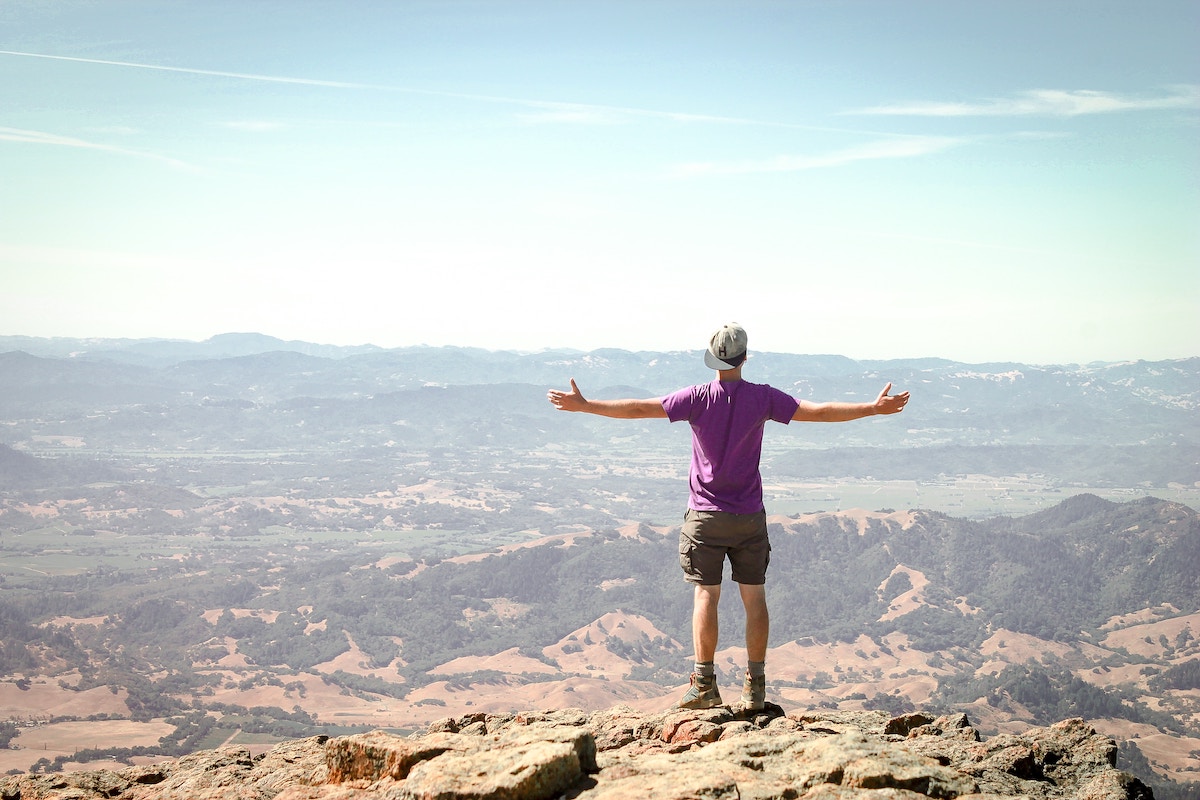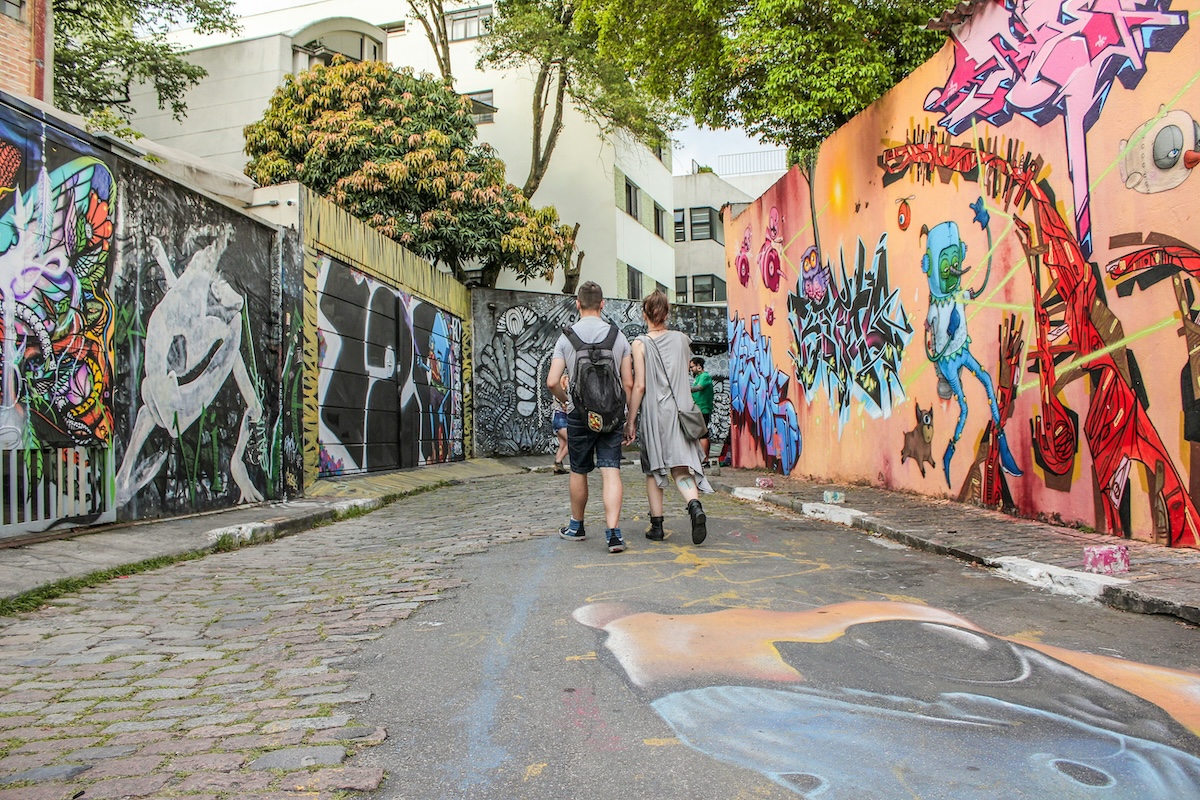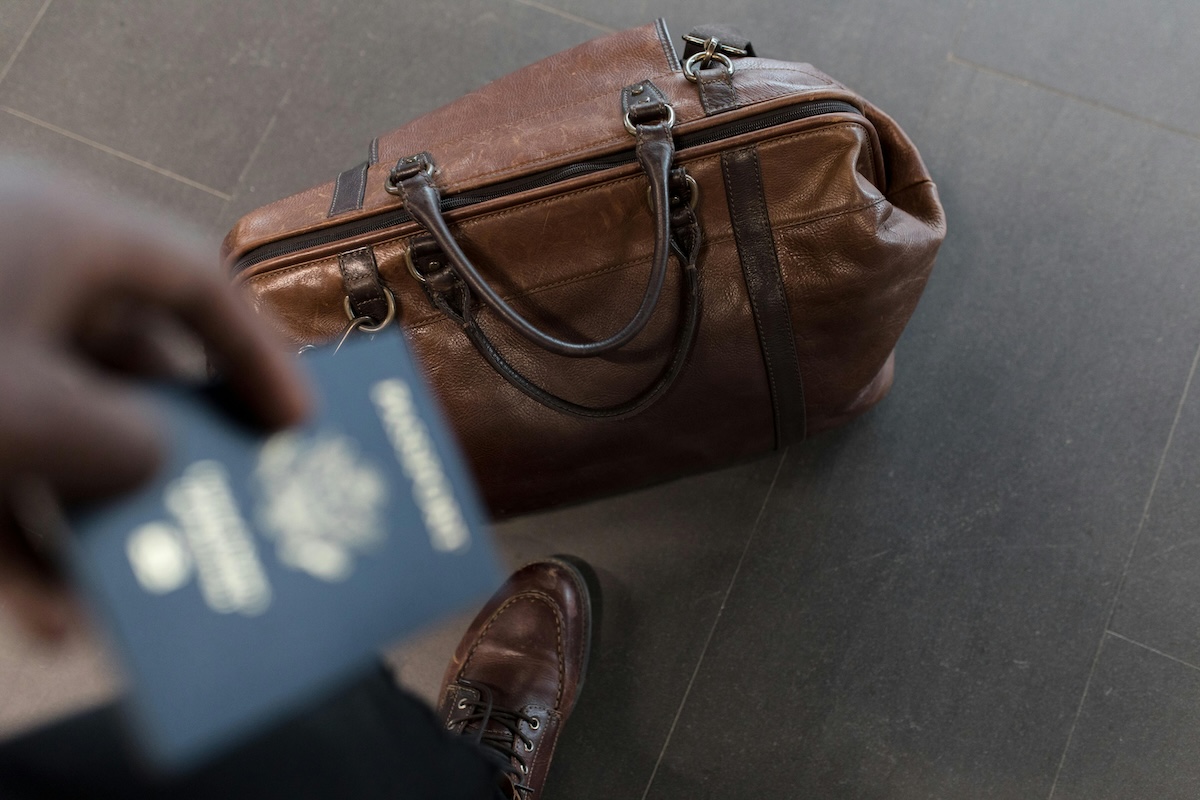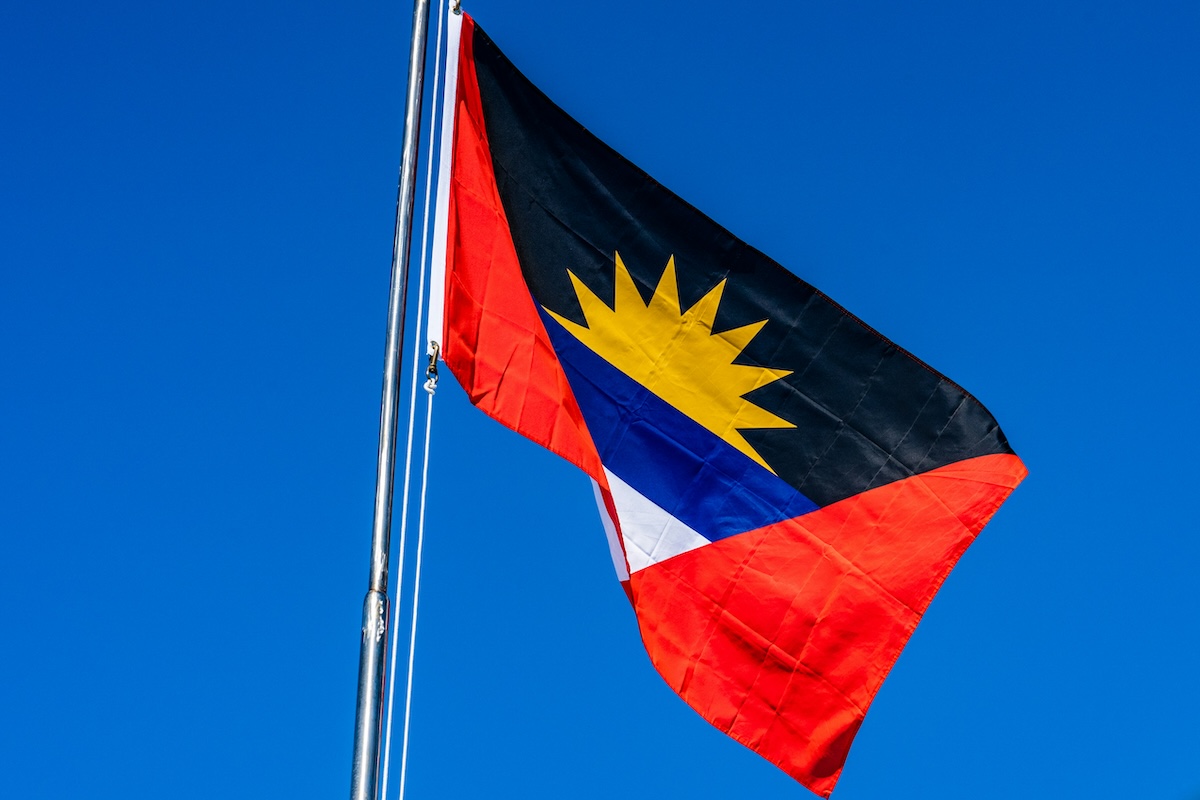TRENDING STORIES & ARTICLES: PERSONAL FINANCE & BUDGET
Want to Know How to Travel the World for Cheap? It’s Easier Than You Think
Are you in the 52% of people who say they can't travel more because costs are too high? Let this guide help you find ways to travel the world for cheap!
TRENDING STORIES & ARTICLES: PERSONAL FINANCE & BUDGET
Want to Know How to Travel the World for Cheap? It’s Easier Than You Think
Are you in the 52% of people who say they can't travel more because costs are too high? Let this guide help you find ways to travel the world for cheap!
How to Haggle in Foreign Countries: Overcoming the Fear of Negotiating in Marketplaces
Haggling can be an awkward, uncomfortable experience if you’re not used to it—here are a few tips for getting over your fear and learning to negotiate like a pro!
I Don’t Understand the Stock Market: An Explainer for New Investors
An excellent way to achieve financial independence is through investment. If you've thought "I don't understand the stock market," here's our explainer.
ADVERTISEMENT
ALL PERSONAL FINANCE AND BUDGET GUIDES





















